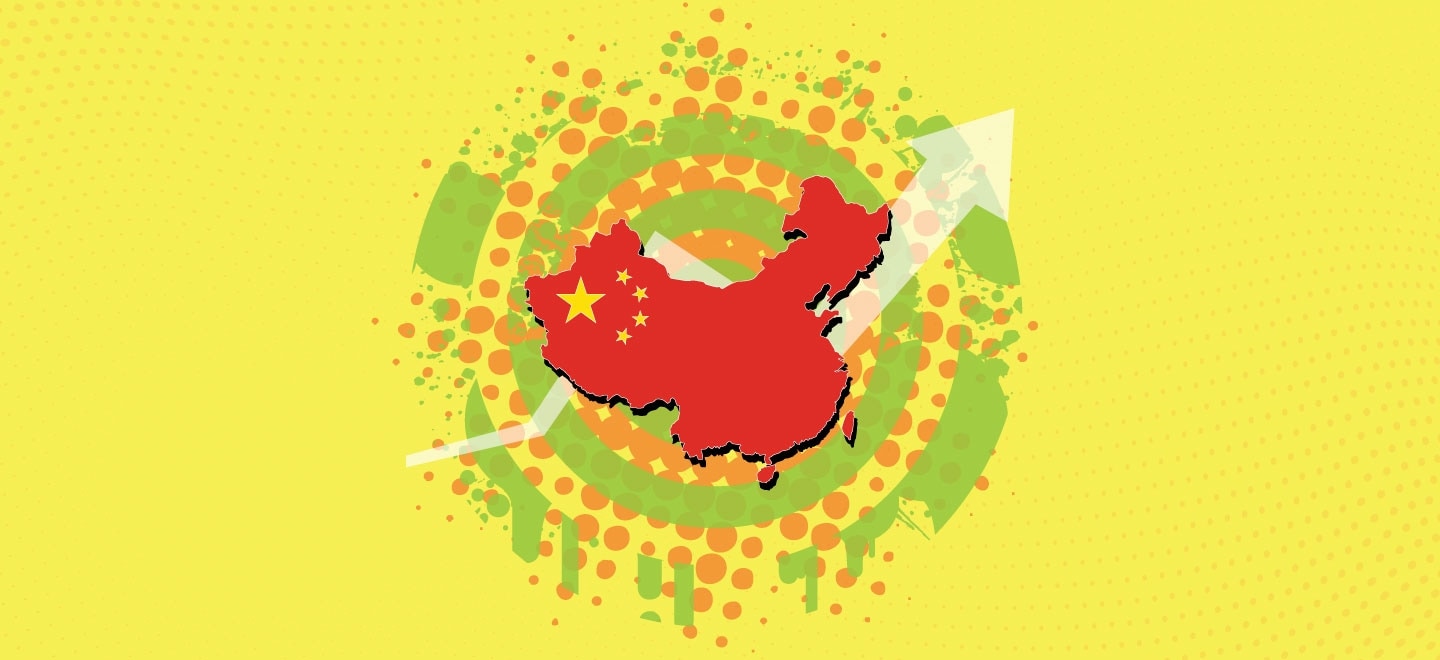
US-China economic relations monthly update The virus crisis disrupts the benefits of the US-China trade agreement
4 minute read
19 March 2020
Deloitte shares US-China economic relations monthly updates. Explore recent updates on the latest news and trends involving US-China relations.
The world that the US-China trade deal promised
Fraught economic relations between China and the United States contributed to global economic weakness in 2019. Uncertainty about how trade relations would unfold led many businesses to put major investments on hold, especially those related to global supply chains. Many companies were concerned about the possibility of higher tariffs and other restrictions on the movement of goods and capital. In the United States, there were three consecutive quarters of declining real business investment, something not ordinarily seen except during recession. In China, fixed asset investment grew at the slowest pace on record. Even in Europe, there was a deceleration of business investment. The result was that in each of these major economies, economic growth decelerated considerably in 2019 versus 2018.
Learn more
Learn how to combat COVID-19 with resilience
Explore the Economics collection
Learn about Deloitte’s services
Go straight to smart. Get the Deloitte Insights app
Yet as 2020 began, there was a noticeable change in how businesses and investors viewed the world. This resulted from the phase-one trade agreement between the United States and China that was signed in January. The deal provided that the United States refrain from increasing tariffs on China and agree to cut some existing tariffs. In exchange, China pledged to do more regarding protection of intellectual property. In addition, it agreed to significantly boost imports from the United States over the coming two years. Although many observers do not expect China to meet its import targets, they were nevertheless pleased that the tone of relations had noticeably changed. Moreover, the deal requires that the two sides continue to talk with the aim of reaching a “phase-two” deal that would address remaining issues and ultimately lead to a sharp decline in existing tariffs.
After the United States and China sealed the deal, global equity prices began to rise sharply, likely driven by a belief that, at the least, the deal would avert further restrictions on trade and might lead to a renewal of trade growth and cross-border investment. Evidence of improvement came in the form of rising Purchasing Managers’ Indices (PMIs) on both sides of the Pacific. In the United States, worry about a potential recession abated, as evidenced by a reversal of the inversion of the yield curve.
Truce interrupted
Much of the good feeling that followed the deal evaporated after the spread of the coronavirus. The virus, which in its initial stages largely infected China, led to a near shutdown of the Chinese economy. Factories closed temporarily, only to reopen with inadequate labor supply given restrictions on travel. This caused a global disruption of supply chains in such industries as general manufacturing, automotive, technology, pharma, and apparel. In addition, as the Chinese stayed home, consumer purchases fell and tourism dried up, leading to a decline in domestic demand that likely had a negative impact on global exports and the earnings of global companies with exposure to China.
For the United States, both supply and demand shocks from China exposed the degree to which the two countries are dependent on one another. It also raised questions about whether that dependency is risky. Some observers began to discuss the need for global companies to diversify their exposure to China. Still, given China’s massive footprint in the global economy, it is unlikely that companies can fully remove the risks inherent in doing business in China. After all, China accounts for roughly 18 percent of global GDP, a number likely to increase in the coming years. Moreover, it plays a major role in key industries that would be difficult to replicate.
Finally, there is the question of how the coronavirus crisis will affect US-China trading relations and the negotiation of the next phase of the agreement. The decline in Chinese domestic demand that followed the spread of the virus will make it more difficult for China to meet the import targets in the phase-one deal. Some observers hoped that the virus would lead the United States to give China more time to meet the targets. However, the US government indicated that it still expects China to abide by the agreement. If targets are not met by the end of this year, the United States could return to punitive tariffs. However, if the outbreak of the virus in the United States is prolonged, imposing new tariffs could be counterproductive as they are akin to a tax increase. Indeed, there is growing support for fiscal measures to offset the negative impact of the virus outbreak, including tax cuts.
The aftermath
The good news is that, if China’s economy begins to rebound in the coming months as a result of stabilizing the virus situation, this will likely have a positive spillover effect on the rest of the world, including the United States. There are two channels by which this would happen. First, the return of factories in China to operating at full capacity would ultimately unclog supply chains, thus enabling key global industries to operate more efficiency. Second, a likely rebound in Chinese domestic demand would boost the demand for imported goods, from both the United States and elsewhere. It could have a positive effect on global commodity prices as well—although this could be offset by the negative impact of slowing growth in the rest of the world.
Finally, it seems likely that, in the coming months, there will be slower growth if not recession in the United States and Europe. This would stem principally from efforts to limit human interaction in order to stifle the spread of the virus. In so doing, domestic demand would decline, and this could have a negative spillover effect on the Chinese economy. The hope is, of course, that this crisis will abate by the end of this year and that economic life can return to normal on both sides of the Pacific. How long this takes will depend on the success in suppressing the outbreak. The experience, however, will not be forgotten and could have an impact on future decisions. Some industries could be changed by this experience. Will people decide to travel less, thereby affecting airlines and hotel chains? Will there be less business travel and more video conferencing? Will manufacturers diversify their supply chains, thereby boosting production capacity in emerging countries other than China? Will this experience accelerate the switch to online shopping, thereby leading to more closures of retail stores? We cannot yet know the answers to these questions, but we do know that past crises have often been turning points for many businesses.
Explore more on economics
-
Economics: Americas Collection
-
United States Economic Forecast Q1 2024 Article4 weeks ago
-
Mexico economic outlook, 2023 Article6 months ago
-
Economics Insider Collection
-
Issues by the Numbers Collection
-
US Economic Forecast Collection












